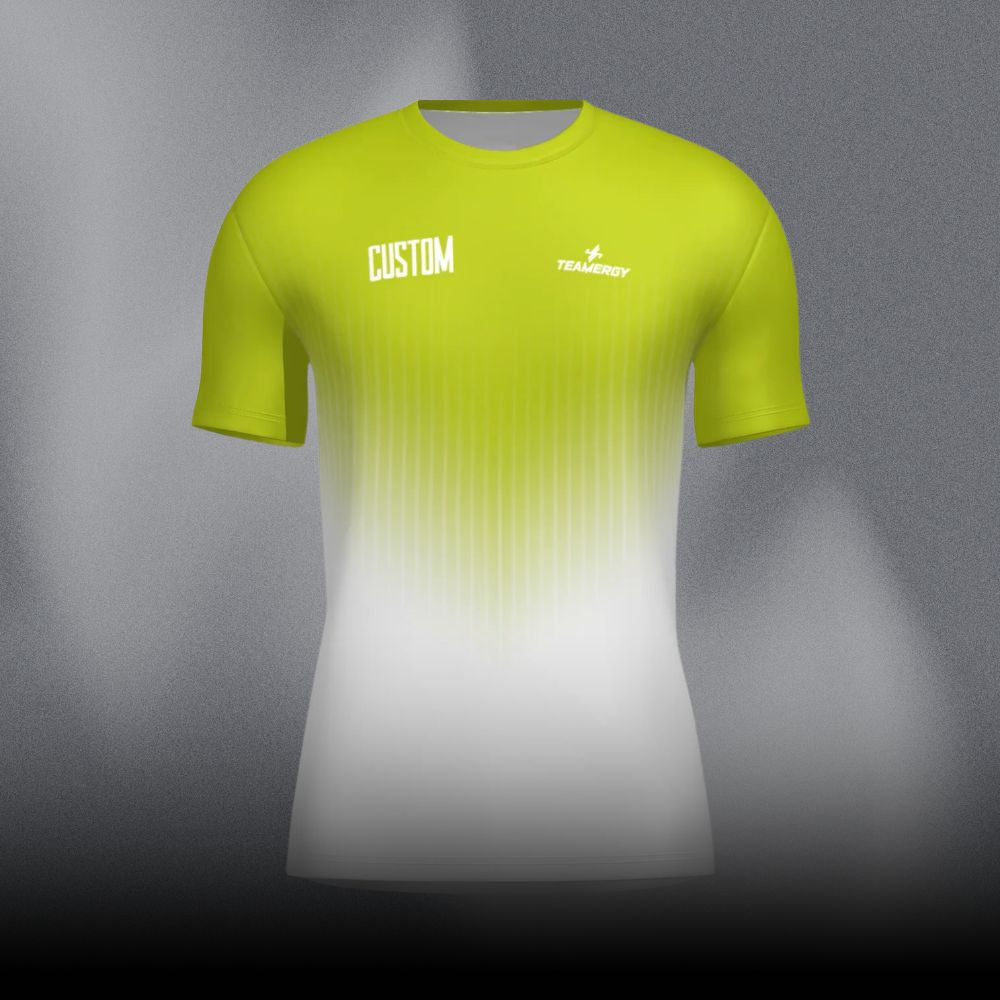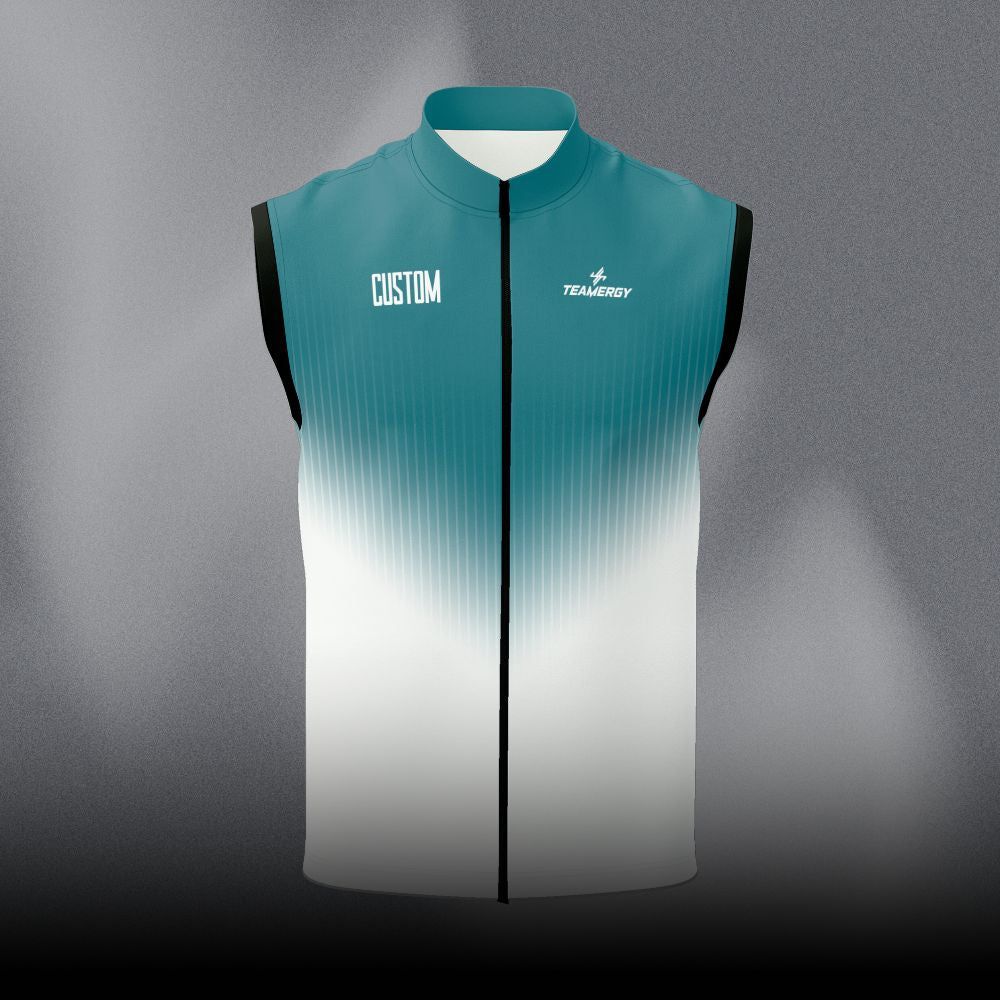Trail running and ultra trail are not only disciplines that challenge the body but also the mind. In these events, where runners face rugged terrain, changing weather, and distances that can exceed 100 kilometers, mental strength plays a role as crucial as physical preparation. More and more runners recognize that working on the psychological aspect can make the difference between quitting or crossing the finish line.
1. THE CONNECTION BETWEEN MIND AND BODY IS FUNDAMENTAL
During a race, the brain constantly evaluates the body's signals: fatigue, pain, hunger, and other emotions like euphoria or frustration.
Psychology allows us to interpret these signals constructively. For example, a mentally trained runner can transform the feeling of fatigue into a reminder to adjust their pace or hydrate, rather than letting discomfort take over. Additionally, the body responds to emotions: positive thoughts can enhance performance by reducing the perception of effort.
2. STRESS AND ANXIETY MANAGEMENT
Stress and anxiety are common before and during races. Thoughts about performance, terrain conditions, or external expectations can create tension. Managing these emotions is key to maintaining calm and focus.
Techniques that will help you reduce these issues:
-
Mindfulness: practicing mindfulness helps runners to be present and focus on each step.
-
Diaphragmatic breathing: a deep and controlled breath reduces heart rate and calms the mind.
-
Positive visualization: Imagining successful scenarios helps prepare for the challenges of race day.
3. MOTIVATION AS THE MAIN DRIVER
Motivation is the force that drives runners to get up early to train or to keep running when the body seems to give up. In trail running, where hours of solitude and challenging terrain are common, motivation becomes an indispensable ally.
Key differences:
-
Intrinsic motivation: Arises from the personal desire for improvement or enjoyment of the sport.
-
Extrinsic motivation: Related to external factors such as medals, recognition, or group challenges.
Combining both motivations and remembering the "why" behind starting this sport helps maintain energy in difficult moments.
4. COPING WITH FATIGUE AND PAIN
Fatigue and pain are inevitable in trail running, especially over long distances. The key is to learn to manage these sensations without completely ignoring them.
Strategies to cope with them:
-
Differentiating between "good" and "bad" pain: The "good" pain is the effort of the body adapting, while the "bad" pain may indicate an injury.
-
Positive self-talk: Phrases like "you can do it" or "I will achieve my goal" help combat negative thoughts.
-
Distraction techniques: Listening to music or focusing on the landscape can divert attention from pain.
5. STRATEGIES FOR ULTRA TRAILS
Ultra trails, which usually last over 8-10 hours, require even more intense psychological preparation. The mind must be ready to handle extreme fatigue, emotional fluctuations, and possible adversities.
Keys to prepare:
-
Breaking the race into stages: thinking about intermediate goals (like reaching the next aid station) makes the total distance feel less overwhelming.
-
Pre-race mental preparation: visualizing possible challenges and how to overcome them.
-
Seek support: running in a group or being part of a club strengthens commitment and motivation. Runners who train together often share strategies, advice, and emotional support that are crucial in moments of doubt.
6. PSYCHOLOGICAL WORK IN TRAINING
Training is not only physical; including psychological exercises improves overall performance. This includes:
-
Visualization: imagining in detail the route, the climbs, and the goals helps to familiarize oneself with the challenge.
-
Meditation: strengthens concentration and reduces daily stress.
-
Race simulations: reproducing conditions similar to those of the competition allows practicing how to mentally manage those moments.
Working with a sports psychologist can provide personalized tools to improve performance.
7. PROPER TECHNICAL GEAR FOR RUNNER CONFIDENCE
Participating in an ultra trail event without the proper equipment will not only affect performance but also undermine the runner's confidence. At Teamergy, we develop customized technical garments that fit the specific needs of each distance and weather conditions so that the equipment does not become a psychological barrier to the finish line. Explore our custom trail catalog.
IRON MINDSET!
Trail running and ultra trail are much more than a physical challenge. Psychology plays a vital role in preparation, development, and personal growth in these disciplines. By working on both body and mind, runners can not only achieve their goals but also fully enjoy the process.
Get mentally ready, and the trails will be yours!










Leave a comment
This site is protected by hCaptcha and the hCaptcha Privacy Policy and Terms of Service apply.